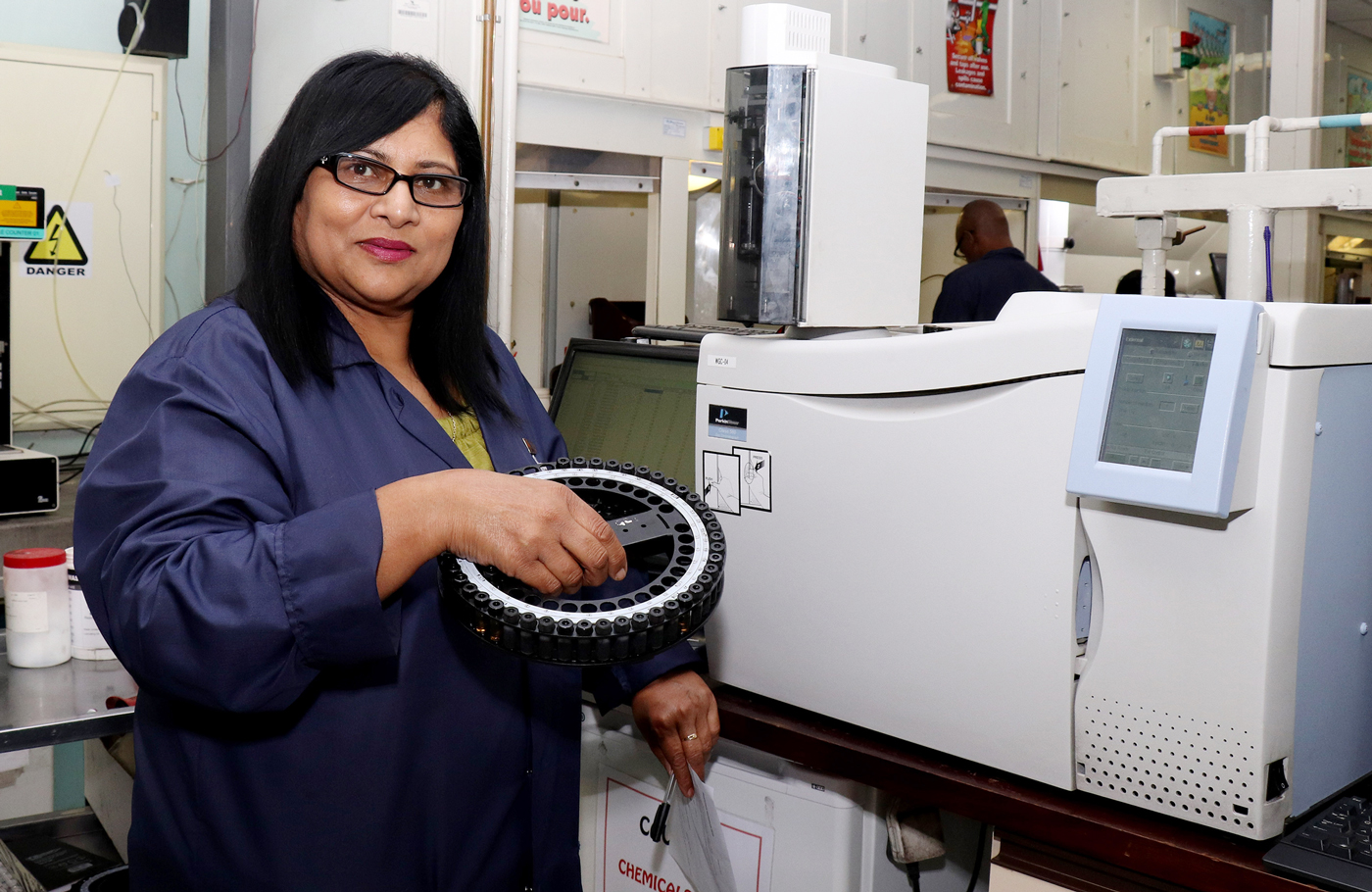Oil analysis reduces fleet maintenance costs
Oil analysis reduces fleet maintenance costs
Most heavy-duty vehicle fleet operators rely on used oil analysis as an effective means of reducing maintenance costs, boosting productivity and safety, and providing peace of mind. So says Steven Lumley, technical manager of specialist condition monitoring company WearCheck.
WearCheck analyses used oil for wear, contamination levels, and oil condition in the oil-lubricated compartments and oil filters of vehicles and equipment. The company then recommends action for proactive maintenance management.
“While decreasing maintenance costs, oil analysis also increases vehicle life. It reduces the need to import emergency spares, enabling fleet managers to delay the purchase of expensive parts or new vehicles. Reduced downtime increases vehicle availability, improving productivity,” says Lumley, outlining the additional benefits of oil analysis.

“WearCheck’s oil analysis reports serve as an early warning system, providing the security of knowing that most problems will be identified before serious damage is caused. Moreover, oil analysis helps the environment by monitoring and optimising fuel-system efficiency, thereby improving the combustion efficiency of engines to decrease harmful emissions,” she continues.
Lumley relates the case of an SA bus company which found that, besides generating substantial savings on repair costs, oil analysis helped reduce the size of its fleet whilst maintaining a quality service for the public. This was achieved because decreased downtime increased the availability of vehicles, while the analysis also reduced the need to buy costly new vehicles.“Through careful monitoring, the bus company was able to extend oil drain periods from 30,000km up to 50,000km. It found that – servicing every six months and despite operating in constant heavy traffic – its bus engines would last up to 500,000km without major repairs,” Lumley relates.

“An obvious advantage to keeping oil in use for longer periods in heavy-duty diesel engines is that if the oil is kept in use for twice as long, then half the amount is used,” she points out. However, it should be noted that these cost savings are relatively small compared to the overall running cost of a fleet of buses or trucks (see chart).
Approximate breakdown of fixed and variable running costs of a typical eight-tonne, double-axled drop-sided truck:
% OF COST | % OF TOTAL COST (VARIABLE + FIXED COSTS) | |
VARIABLE COSTS | ||
Fuel | 60 | 22 |
Lubrication | 1 | 0.5 |
Tyres | 9 | 3 |
Planned maintenance | 16 | 5.5 |
Unplanned maintenance | 14 | 5 |
Total | 100 | |
FIXED COSTS | ||
Finance charges | 52 | 34 |
Licence | 2 | 1 |
Insurance | 22 | 14 |
Staff | 24 | 15 |
Total | 100 | 100 |
The real advantage, according to Lumley, is reduced downtime. “If the oil-drain period and the service interval are extended, then the truck will spend less time in the workshop. This not only represents a labour saving but also increases the availability and utilisation of the unit. If a vehicle is in the workshop, it is not earning money,” she notes.
Another consideration is the environmental impact and the cost of disposing of used diesel engine oil. “When one compares the cost of an oil sample to the potential cost of repairing or replacing a vehicle, or downtime, investing in oil analysis delivers a remarkable return on investment,” says Lumley.
WearCheck processes more than 800,000 samples a year in 16 world-class laboratories across Africa and beyond. The company also provides a host of additional condition monitoring techniques.
Published by
Focus on Transport
focusmagsa




